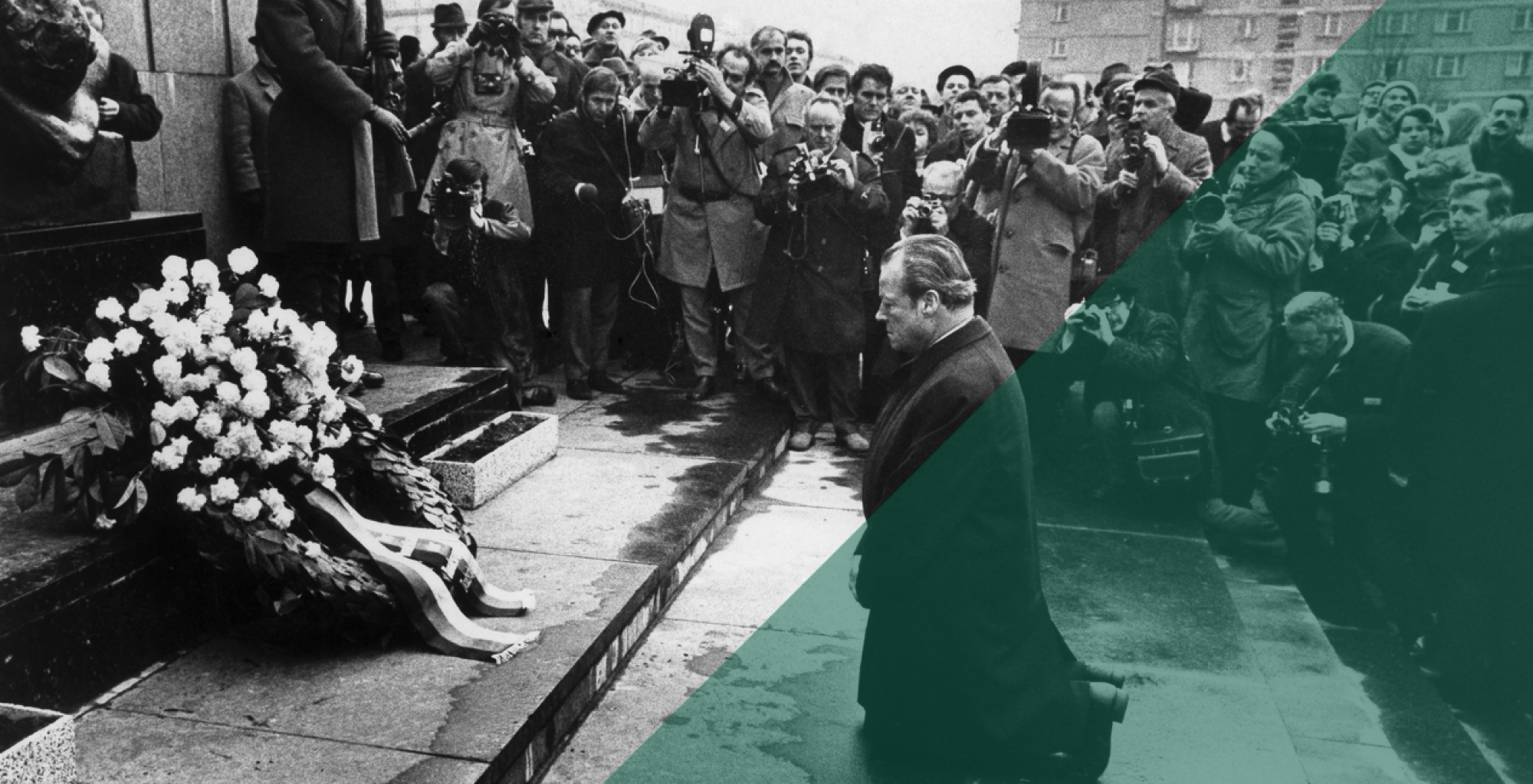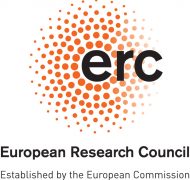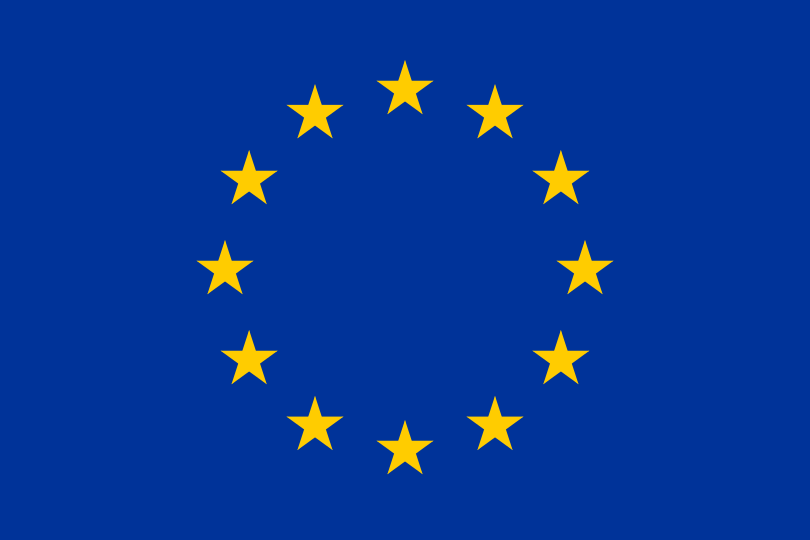Political Apologies Across Cultures
In the past decades, there has been a considerable rise in the number of apologies offered by states for injustices and human rights violations. But are such gestures a viable reconciliatory tool and do they have a universal potential to redress injustice or restore harmony? Or do people across cultures have different notions about what political apologies mean, what purpose they serve, or how they can or should be expressed?
In this project (2016-2022) funded by the European Research Council, we bring scholarship on transitional justice together with cross-cultural psychology and anthropology to address these questions and to investigate how political apologies are viewed across cultures. The overall objective is to understand whether political apologies can be a universal reconciliation tool, or whether a tailored approach based on cultural variation is more appropriate.
Follow us on Twitter via @PolApol_TiU

Research Countries


This project has received funding from the European Research Council (ERC) under the European Union’s Horizon 2020 research and innovation programme, Consolidator Grant 682077




